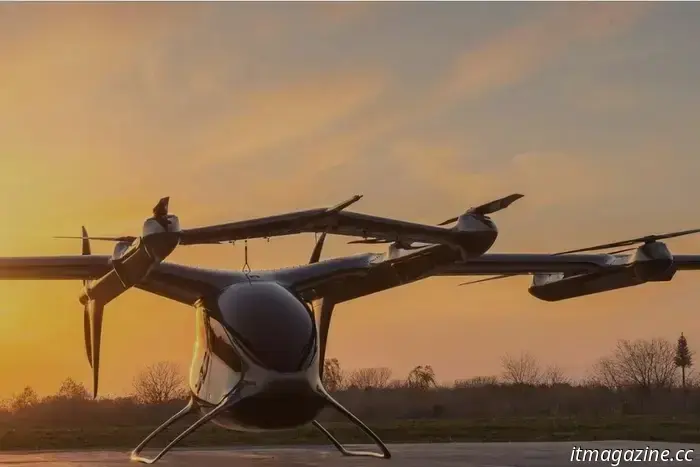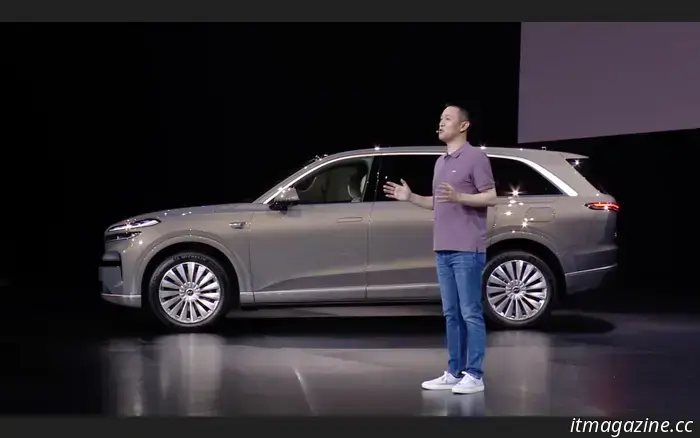
Electric airplanes have been launched in China for cargo transportation.
On Sunday, China successfully conducted the world's first cargo flight of an electric vertical takeoff and landing (eVTOL) aircraft to an offshore oil platform. The two-ton aircraft, developed in-house, covered more than 150 kilometers over the sea to deliver cargo to HuiZhou 19-3 platform.
The aircraft, called CarryAll and created by AutoFlight, has already received all necessary certifications, including manufacturing and airworthiness approvals. This time, it transported fresh fruits and essentials during a 58-minute flight from land to the platform. The flight was intended to demonstrate the technological capabilities of the project and to address long-standing logistical challenges.
Traditionally, cargo delivery to remote offshore platforms by ships takes about 10 hours, while helicopter transportation, although faster, is too expensive. Electric eVTOL offers a middle ground — it is fast, economical, and environmentally friendly. The test flight combined advanced technology with the practical needs of maritime operations, opening new possibilities for emergency cargo deliveries, remote surveillance, and even combating illegal fishing.
Image: autoflight_com
CarryAll is equipped with a hybrid "lift and cruise" system, allowing it to fly up to 200 kilometers at a speed of 200 km/h. The aircraft successfully handled the challenging conditions of the South China Sea — fog, high humidity, and strong winds. This proves that electric aviation is already ready for commercial use in complex environments.
For traditional carriers, this signals the end of their dominance in the market. Helicopter companies, which have operated in the urgent transportation niche for decades, now look to the future with some concern. Their main advantages — speed and mobility — are gradually being overtaken by electric competitors. Meanwhile, eVTOLs offer what helicopters never could: relatively low operating costs, minimal noise, and zero emissions.
The changes are especially pronounced in maritime logistics. Cargo delivery to oil platforms has always been a complex task — sea routes take hours, and helicopter supply is too costly. Electric aircraft find a golden mean, reducing delivery times at reasonable costs. This is especially critical in emergencies when every minute counts.
Cargo delivery is also on the verge of change. Although eVTOLs currently cannot transport large loads, their potential for urgent deliveries is evident. In the coming years, we are likely to see courier services begin adopting this technology for highly important shipments.
Passenger transportation remains a relatively calm niche for now, but progress continues there too. Several companies are already testing air taxis, which could eventually transform urban transit systems.
Most traditional transport operators will soon face a strategic choice: adapt to new realities by investing in electric technologies or focus on areas where eVTOLs still cannot compete. Most likely, the entire global transportation system will undergo major changes, as the technological experiment that started with a few test flights has already demonstrated its ability to revolutionize cargo and passenger transport systems.

Electric airplanes have been launched in China for cargo transportation.
On Sunday, China successfully conducted the world's first cargo flight of an electric vertical take-off and landing (eVTOL) aircraft to a marine oil platform. The two-ton indigenous aircraft traveled over 150 kilometers across the sea to deliver cargo to the Hui Zhou 19-3 platform.

